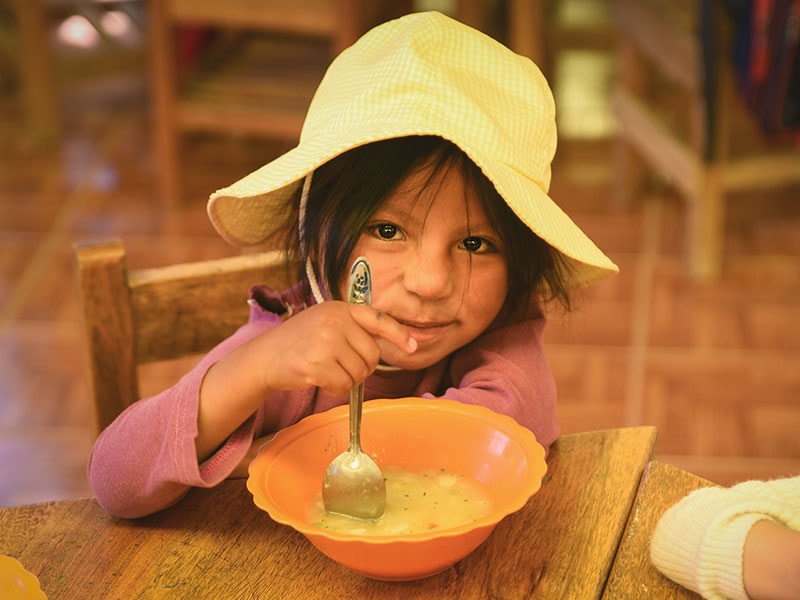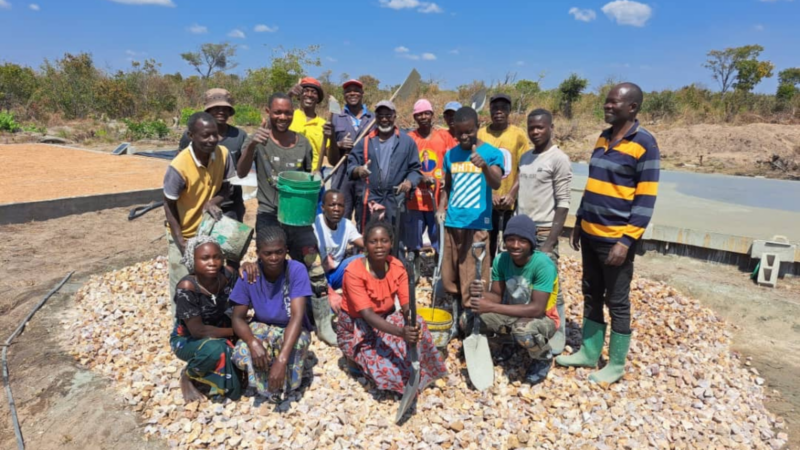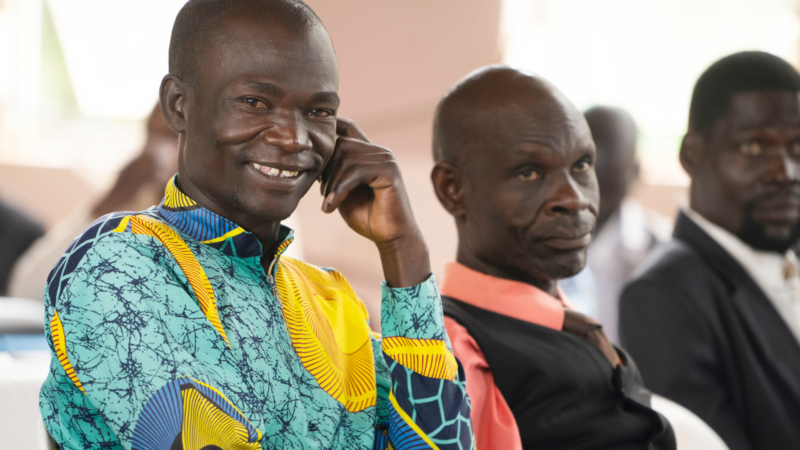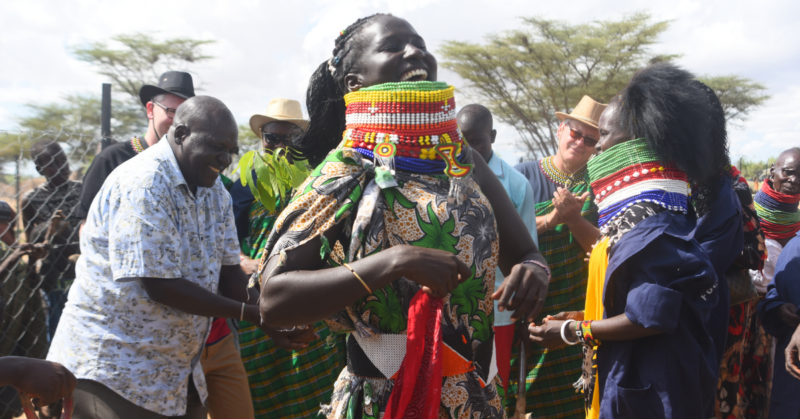As you sit and read this blog, you have likely found a comfortable place to sit in your home, with a roof over your head… and you enjoy the security of knowing you are safe.
You might have a fresh glass of water in front of you, and perhaps you’ve recently eaten a meal or snack and your stomach is satisfied. Once these fundamental needs are met—like food, shelter and clean water—you are able to look beyond your current circumstances and work on your goals or even help others.
“Hope for Today” is a term Bright Hope uses to describe how we meet urgent needs of the extreme poor in the present. This can range from offering relief in the aftermath of a disaster, to sharing meals in a community experiencing food shortages, to providing medical care.
A phrase I have heard many times in the countries we work in is: “An empty stomach turns a deaf ear.” It means that when someone is constantly hungry or worried about immediate needs, like finding shelter, it becomes difficult to focus on larger issues like education, or to plan beyond the needs of that moment to transition out of poverty.
This is why we begin by first addressing the critical needs, or “Hope for Today,” when we minister to the extreme poor. But while helping with these temporary needs is important, they only provide short-term help, when long-term needs must also be considered. Focusing exclusively on Hope for Today is only part of the solution. And providing only short-term relief can sometimes create cycles of dependency, preventing people from growing in self-sufficiency and their own giftings.
Our goal at Bright Hope is to help individuals and families transition out of poverty for good, and hopefully begin to help others in this process as well. For this reason, Bright Hope partners with local churches to address Hope for Today, as well as and Hope for Eternity (click the links to read blog posts on these areas of focus).
By doing this, we can address the whole person—from their current physical needs (Hope for Today), to equipping them with tools for the future (Hope for Tomorrow), to nurturing their spiritual needs (Hope for Eternity). Only with basic needs met, opportunities for a brighter future AND the Hope of Christ, can the extreme poor experience true and sustainable change in their lives.





